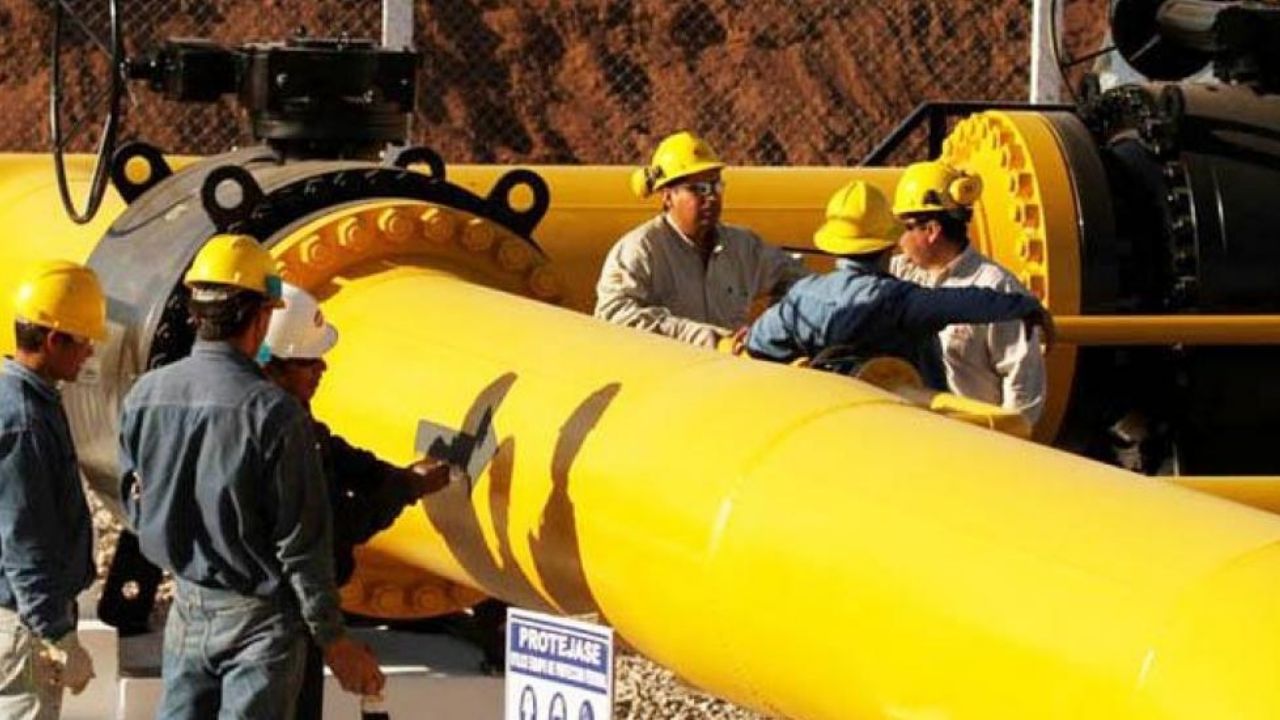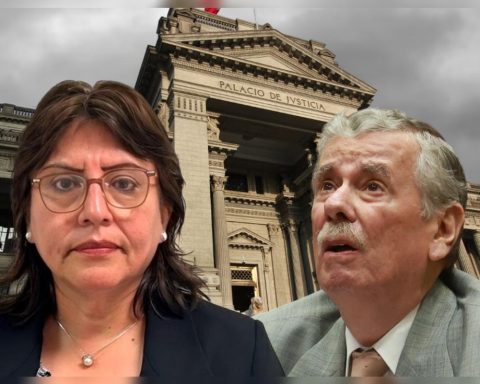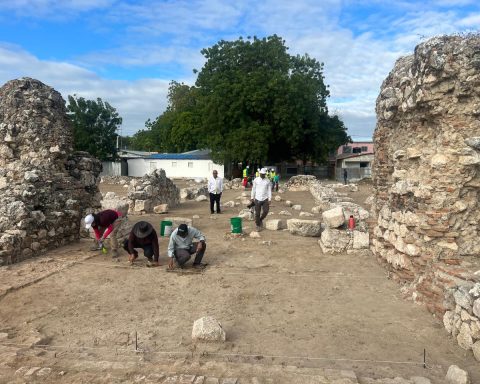Page Seven / La Paz
Bolivia is exposed to new penalties and a drop in income due to the lower volumes of natural gas shipped to the Argentine market, after the sixth addendum to the purchase-sale contract for that energy is signed, experts warn. According to information from the neighboring country, the Bolivian authorities only offered nine million cubic meters per day (MMmcd) in winter and between 6 and 7 MMmcd in summer.
Analyst Francesco Zaratti pointed out that Argentina, especially in the north, needs Bolivian gas because it has no option to get there with the Vaca Muerta offer, since there are no connected gas pipelines.
It is a market that requires 14 to 15 MMmcd, but that Bolivia cannot satisfy due to the drop in production and the decline of deposits. “The hangover from 15 years of nationalization has put us in a dead end,” he recalled.
For Zaratti, the scenarios go first of all by reaching an agreement so that Argentina receives only the gas that Bolivia is in a position to export. This implies for that market the purchase of LNG at a higher price. “If there is this, a lower price will be suffered because Argentina will seek compensation. It is a chimera to think that it will be possible to maintain the same price or raise it for the gas that we are going to send. Argentina has the upper hand with the possibility of applying penalties”, he warned.
The other scenario is that Bolivia signals that it will not be able to comply and terminate the contract and sell more gas to Brazil. But that’s losing a market and going back 30 years. “I exclude the possibility of returning to the original contract to send 27 MMmcd. The issue is that by coercive means Argentina is not going to achieve anything and my forecast is that an addendum will be signed reducing the volumes and the adjusted price, this based on the obligation that Argentina will have to compensate Bolivian gas with the purchase of LNG,” Zaratti said.
Sector analyst Susana Anaya warned that with lower volumes of gas sent, Bolivia will lose income and the balance between exports and imports of gasoline and diesel will be more fragile. “Revenues from exports will decrease and the balance between exports and imports will be narrower. The problem is that as the restrictions due to the pandemic are overcome and the economy reactivates, the demand for fuel increases and that requires the availability of foreign currency. We are importing some 1.6 billion dollars,” she warned.
To import, the other problem is that foreign currency is required and the subsidy increases, which is a fiscal cost for the State. “On the one hand, there is foreign exchange to import and spending on the subsidy,” he stressed.
Bolivia could compensate for a lower volume of gas sales with the price, because they are indexed to oil derivatives in the summer and to the Henry Hubb in winter.
The drawback is that Argentina will seek to lower the price because it will have to import LNG at higher costs. “Everything will depend on the negotiation, but Bolivia is affected by its low production and is in less condition to negotiate a better price, although it is waiting for two new gas discoveries to come into operation. In the new addendum, Argentina can also impose penalties”, Anaya specified.
The level of shipments that YPFB would have proposed to Argentina is 9 MMmcd, 35.71% less than the gas sent last year, according to the Río Negro portal. For Integración Energética Argentina that difference of 5 MMmcd should be replaced with a much more expensive LNG or also with liquids that are imported and that not all thermal power plants in the country can use.
Sales contract
- Agreement On December 31, the fifth addendum in force in the gas sales contract that was agreed in 2006 expired. At the request of YPFB, from Iwasa, the former Enarsa, they agreed to give one more month of term in the negotiations, but that period is coming to an end without an agreement having been reached. The addendum must be signed on the 31st.
- Inconvenient Bolivia failed to comply with the agreed volumes since August last year due to a problem in a well in the Margarita field.
- History The initial purchase-sale contract signed with Argentina established the gradual shipment from 7.7 MMmcd to 27.7 MMmcd of gas until the year 2026.
















